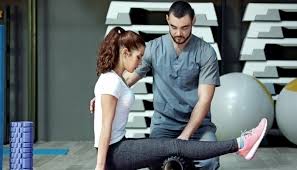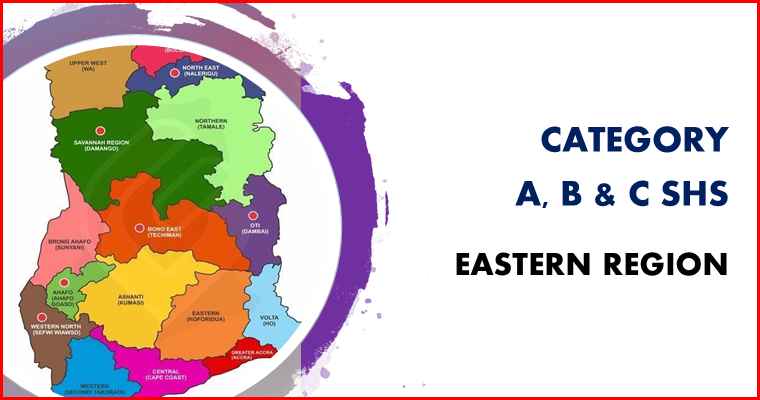The majority of physiotherapy graduates work as physiotherapists, helping a range of patients with physical difficulties to improve their health and quality of life
Job options
Job options directly related to your degree include:
- Animal physiotherapist
- Higher education lecturer
- Physiotherapist
- Sports therapist
Jobs where your degree would be useful include:
- Acupuncturist
- Chiropractor
- Dance movement psychotherapist
- Exercise physiologist
- Health service manager
- Health improvement practitioner
- Osteopath
- Personal trainer
Work experience
You'll need to successfully complete a minimum of 1,000 hours of clinical experience as part of your degree programme. Placements are often in an NHS setting under the guidance of skilled clinicians.
However, it's also useful to gain additional work experience in supportive roles within the private, voluntary or local authority sectors to broaden your key skills and career opportunities.
Opportunities are available in hospitals, physiotherapy practices, sports clinics, football clubs, special schools and nursing homes. You could also get experience within the voluntary sector, for example with the British Red Cross, St John Ambulance service and various healthcare charities.
Paid opportunities that involve helping others, for example care assistant work in hospitals and clients' homes, can also help you develop key skills and evidence core values of physiotherapy.
Typical employers
The NHS is the major employer of physiotherapy graduates. You can work in a range of departments - such as outpatients, intensive care, stroke services, orthopaedics, elderly care, paediatrics and in GP practices.
Opportunities are also available with:
- private sector employers - hospitals, professional sport clubs, gyms and leisure centres, residential and nursing homes, health centres, private practices and higher education institutions (teaching and research).
- the public sector - local authorities, for example schools and children's centres, and the armed forces.
- healthcare charities and health-related voluntary organisations.
Skills for your CV
You'll develop a range of profession-specific skills, such as:
- an understanding of the types of exercise and movement used to help improve mobility and function
- knowledge of how to perform manual therapy safely
- the ability to use electro-physical modalities and other physical approaches in complex care practices.
However, you also develop a range of other skills valued by employers in many sectors. These include:
- effective time and workload management
- the ability to work well in a team
- decision-making skills
- a problem-solving approach to work
- written and oral communication skills, from working with patients and within a multi-disciplinary team
- research and report writing
- the ability to analyse research findings and to reflect on your practice.








